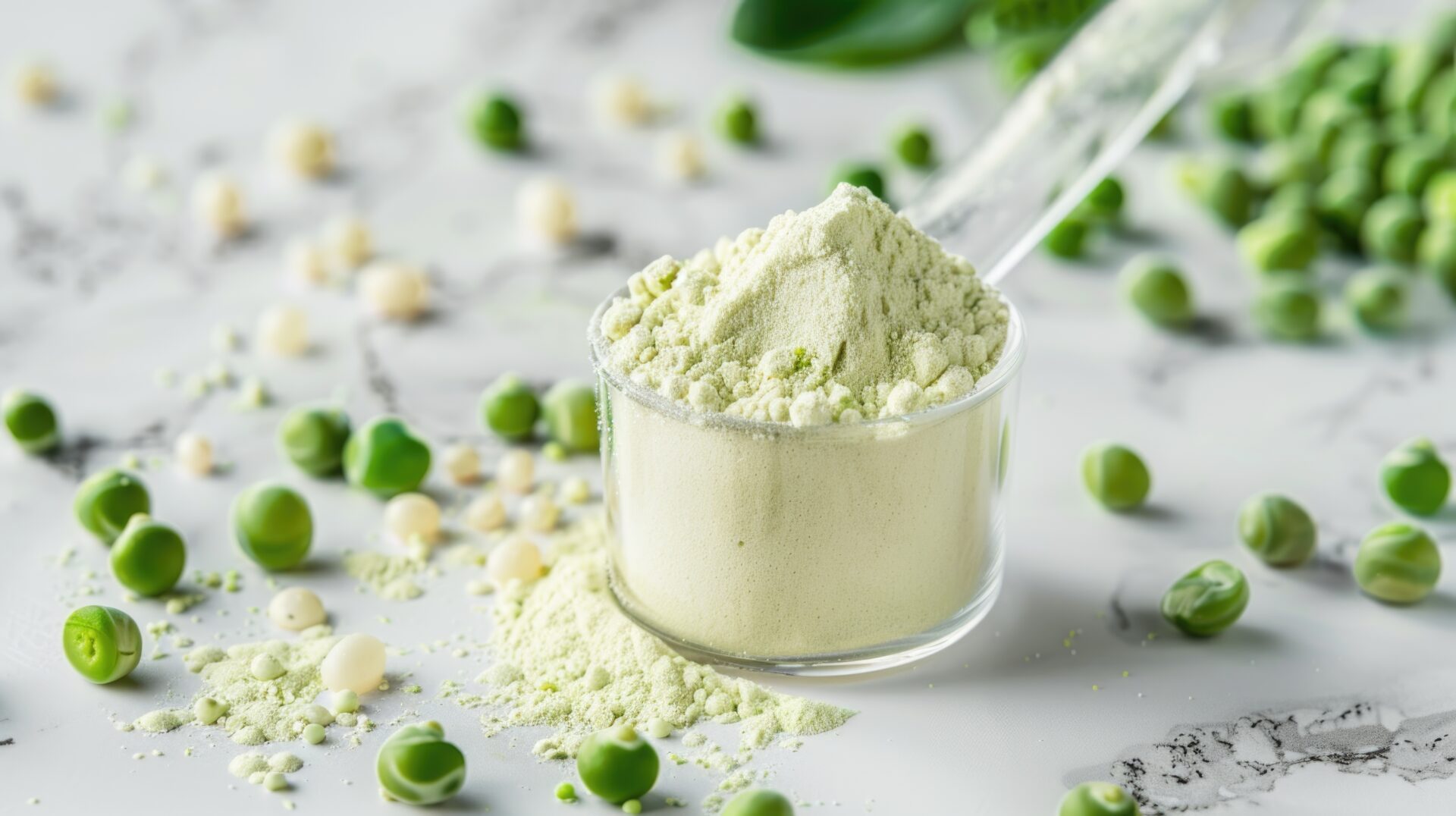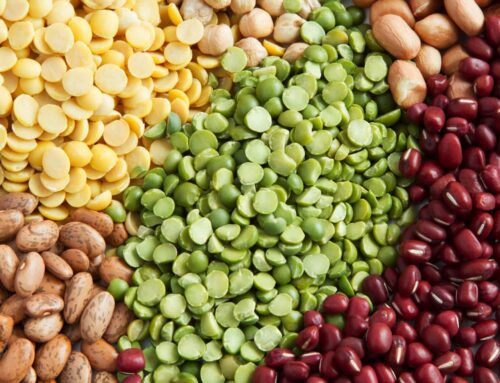Ingredient Spotlight: Pea Protein
Plant proteins are becoming increasingly important, not only for health reasons, but also for economic and environmental reasons. The pea is a particularly promising source. Its functional properties, nutritional composition and wide range of applications in food processing are impressive. Read on to find out why pea protein is shaping the future of plant-based nutrition – and how Heiss MSP can help you process it.
Why plant-based proteins are on the rise
More and more consumers are turning to plant-based proteins because they are seen as more sustainable, ethical and cost-effective. Well-known sources include soy, quinoa and amaranth. Although many plant proteins do not contain all the essential amino acids, pea protein is one of the exceptions: It provides an almost complete amino acid profile – similar to soy, but without its allergenic potential.
Nutritional values and health benefits of pea protein
Pea protein is available in the form of isolates, concentrates and flours. Its composition varies depending on the type of pea and how it is processed. It is becoming increasingly important in sports nutrition as studies show that it has similar effects to whey protein (whey) on muscle strength, muscle building and performance. It is also free from lactose and gluten and is generally well tolerated.

Contract manufacturing of peas at Heiss MSP
As an experienced contract manufacturer, Heiss MSP supports you in refining your peas – individually, efficiently and food-safe. For example, in the micronisation of your pea protein isolate – for improved solubility and an optimised mouthfeel, e.g. in plant-based protein shakes.
Or would you like something particularly innovative? Heiss MSP uses dry fractionation to produce a clean label protein concentrate with a protein content of approx. 55% – without any chemical additives. Your advantage: sustainable, label-friendly ingredients for your plant-based food innovations.
Conclusion: Pea protein – sustainable, functional, powerful
Pea protein is more than just a trend – it is a versatile, functional and sustainable ingredient for the plant-based food industry. Thanks to its complete amino acid profile and excellent processability, it offers a valuable alternative to animal protein – for both manufacturers and consumers.






Leave A Comment